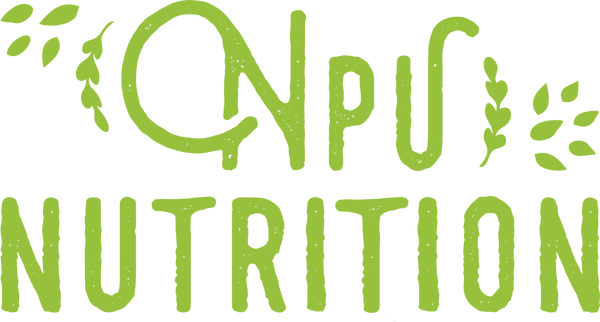It's no secret that probiotics help support great gut health. However, it's not always obvious how to best work more probiotics into your diet. Sure, you could buy expensive supplements, but why not support your microbiome through the food you eat instead? These 8 foods are easy to get, tasty, and full of the probiotics your digestive system needs.
Sauerkraut: Take some cabbage, shred it up, and ferment it. Voila! You have a side dish full of probiotics, antioxidants, fiber, and micronutrients. It has a sour, salty taste that isn't appealing to every palate, but a little can go a long way. Serve it on sandwiches or as a side dish with traditional German foods.
Miso: Most commonly found in miso soup, this fermented soybean paste adds probiotics and a salty flavor to any dish it's in. It's a great source of protein and fiber, as well as a solid way to get more manganese and copper in your diet.
Pickles: Whether you love them or hate them, pickles are an excellent source of probiotics. When cucumbers are pickled in a solution of salt and water (not vinegar), naturally present lactic acid bacteria gives them a pleasantly sour flavor. Eating them gives you an extra probiotic boost, as well as lots of vitamin K.
Yogurt: Next time you buy yogurt, reach for the kind that contains live or active cultures. These are the same friendly bacteria that lead to good gut health. Yogurt is easy to obtain, tastes great, and can help improve other health conditions as well.
Kombucha: A fermented drink made from black or green tea, kombucha is full of friendly bacteria. While the research on kombucha's benefits is ongoing, it stands to reason that the beneficial bacteria that go into making it will also support great gut health. Kombucha is delicious, low in calories, and a great form of hydration.
Greens Powder: Many greens powders contain probiotics, as well as an array of other essential vitamins and minerals. They're easy to use: just add them to your favorite smoothie or dissolve in a glass of water.
Certain Cheeses: Not all cheese contains probiotics, but some types do. Take a look on the label the next time you're shopping for cheese. If it advertises live and active cultures, you've found a variety that has probiotics. You're most likely to find active bacteria in cottage cheese, gouda, cheddar, and mozzarella.
Tempeh: Last but not least, we have tempeh. This fermented soybean product is a high-protein meat substitute that contains probiotics. Tempeh is also full of vitamin B12, a nutrient that can be difficult for vegetarians and vegans to get enough of. No matter what your dietary choices, though, tempeh can be a solid way to support a healthy gut.

